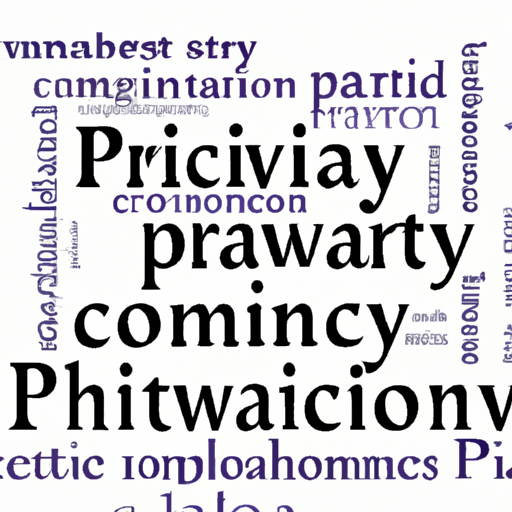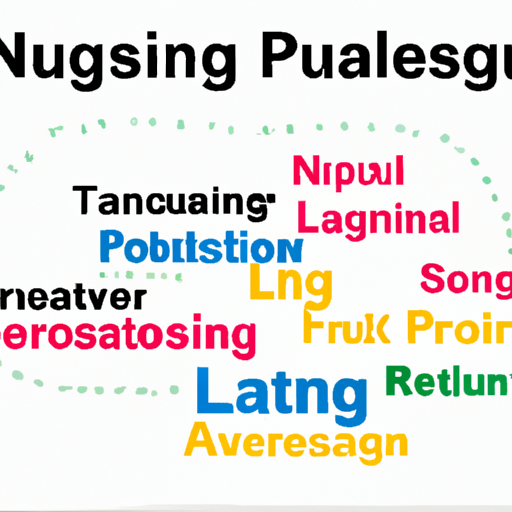As quantum computing continues to advance, its implications for cryptography and cybersecurity are becoming increasingly significant. This technology has the potential to break traditional encryption methods, prompting researchers and organizations to re-evaluate their security practices.
Understanding Quantum Computing
Quantum computing leverages the principles of quantum mechanics to process information in ways that classical computers cannot. With the ability to solve complex problems at unprecedented speeds, these computers can potentially crack cryptographic algorithms that protect sensitive data.
The Threat to Traditional Encryption
Most modern encryption methods, such as RSA and ECC (Elliptic Curve Cryptography), rely on the difficulty of solving specific mathematical problems. Quantum computers could use Shor’s algorithm to factorize large numbers and solve discrete logarithm problems quickly, rendering current encryption standards vulnerable.
Quantum Cryptography: A New Frontier
To counter the threats posed by quantum computing, researchers are developing quantum cryptography, which utilizes the principles of quantum mechanics to create secure communication channels. One promising technique is Quantum Key Distribution (QKD), which allows two parties to share encryption keys securely, ensuring that any interception can be detected.
Preparing for the Quantum Era
Organizations must start transitioning to post-quantum cryptography to protect their data. This involves adopting encryption algorithms that are resistant to quantum attacks. The National Institute of Standards and Technology (NIST) is currently in the process of standardizing quantum-resistant algorithms to help guide this transition.
Conclusion
The rise of quantum computing heralds significant changes for the field of cryptography. While the potential risks are immense, so too are the opportunities for developing more secure systems. Staying ahead of this technological evolution is critical for safeguarding sensitive information in the quantum future.
Stay informed about the latest in quantum computing and its implications for cybersecurity. For more updates and insights, follow our blog.




